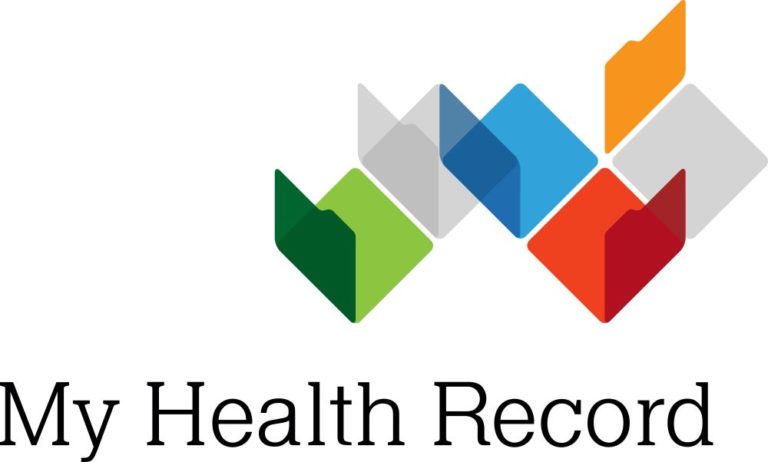[vc_row][vc_column][vc_column_text]The quarterly Private Health Insurance figures show another 57,512 insured persons dropped out, with the largest decrease in coverage during the quarter coming from people aged 20 and 24, the very group that needs to remain in the system to reduce the risk rating.
Despite this private health insurers collected $23.9 billion in premiums, paid $20.5 billion in benefits and reported net profits after tax of $1.37 billion, 15 per cent higher than two years ago.
NIB chief executive Mark Fitzgibbon said that the “benign” claims environment had resulted in NIB upgrading its full-year profit forecast by 14 per cent. Although private health insurers provided firm commitments that cuts to the Prostheses List benefits would be fully passed on to consumers, NIB’s profit upgrade shows the end result will be a surge in NIB’s profits.
Public frustration with insurers increasing annual premiums by more than double the rate of wage growth comes as a Parliamentary Senate inquiry recommended passing legislation that includes key components of the Minister for Health, Greg Hunt MP’s, wide ranging package of reforms to make private health insurance simpler and more affordable for Australians.
Stakeholders are increasingly voicing concerns around certain components of the reform package. The ambitious timeline for introducing Basic, Bronze, Silver and Gold policies from 1 April 2019 is increasingly problematic.
Spinal surgeon, Dr Matthew Scott-Young, says his field will be one of the hardest-hit by the reforms. Some surgical interventions that consumers commonly rely on such as spinal fusion, would require the highest and presumably most expensive level of cover despite many of these procedures being available today to people holding lower levels of cover.
“People like the reliability and certainty with their insurance and these changes, while in good faith, don’t deliver that,” Dr Scott-Young said.
“The analogy would be that a lady who was pregnant came into hospital to deliver their child through natural birth, but unfortunately there was a complication such that a caesarean section had to be done and they found out they weren’t covered.”
One supporter of the government’s private health insurance reforms has been the Medical Technology Association of Australia (MTAA), but they too have raised concerns around the product categorisation issue of gold, silver, bronze and basic policies. The MTAA CEO, Ian Burgess, believes the proposed categorisations would negatively impact on consumers, leaving them worse off compared to the current system.
“We have expressed to the Health Minister our concerns that insurers will choose to no longer offer these services, like spinal fusion, on the lower categories. This could lead to a further retraction in the number of people with private health insurance or a reduction in the number of people covered by effective health insurance that properly covers them for their needs. In either case there is a risk that further burden would be placed upon public health services for elective surgery and increased waiting lists for common procedures such as joint replacements,” Mr Burgess, said.
“We are discussing with Minister Hunt the need to protect consumers to ensure they are not required to pay higher premiums just to maintain existing levels of insurance coverage as a result of the product categorisations.”[/vc_column_text][/vc_column][/vc_row]




